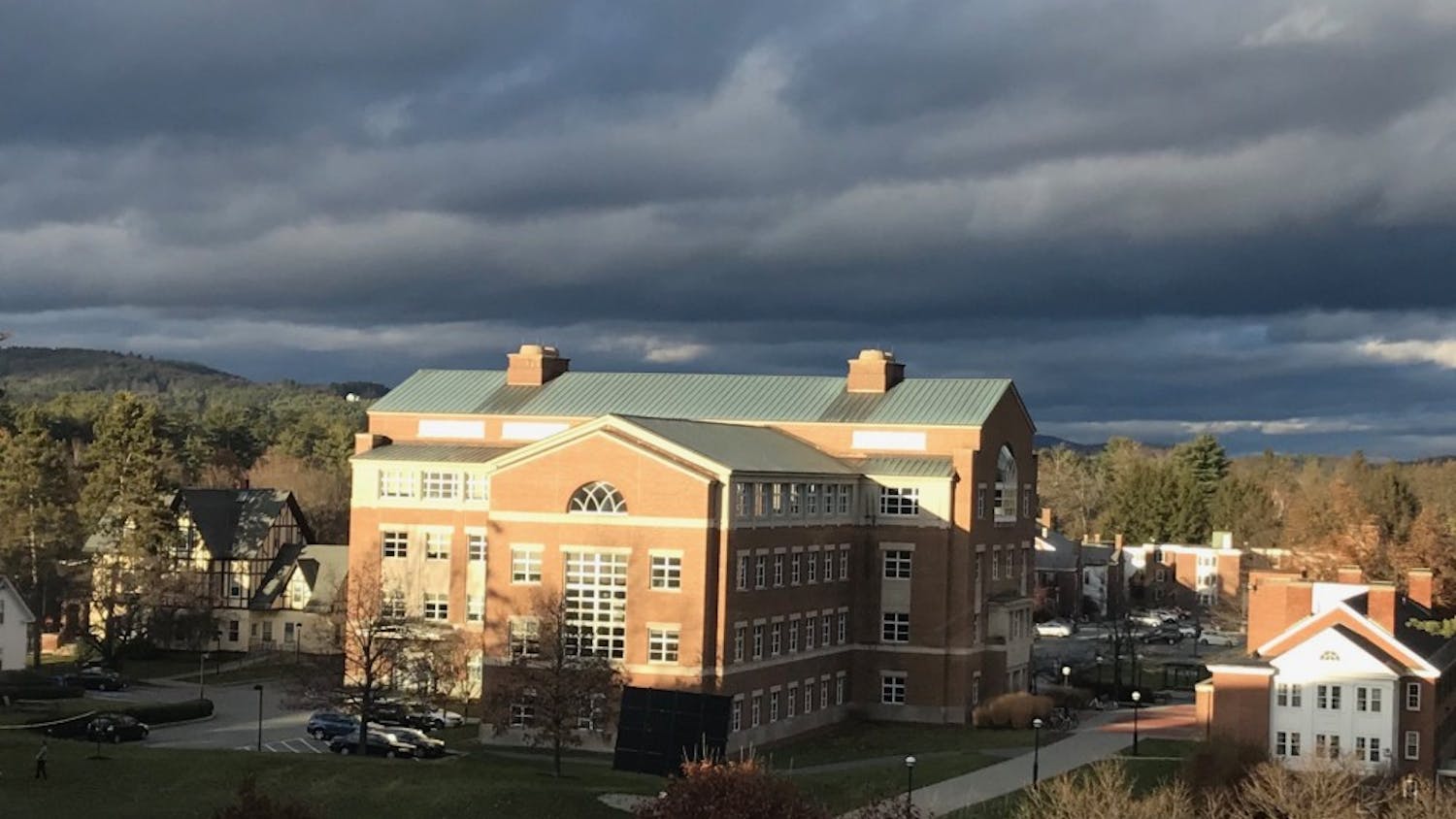The Dartmouth library system has begun a service that allows computer network users to make information requests to reference librarians from their computers.
Humanities and Social Science Reference Bibliographer Cynthia Pawlek developed the service in conjunction with Computing Services. The Electronic Reference Service allows computer users to request factual information or assistance in searching the library catalogs by using the Dartmouth College Information Services Navigator and BlitzMail, Pawlek said.
The new program was developed from a prototype made available on the network a few years ago, Pawlek said. The original system allowed computer users to send information requests to the reference librarians using BlitzMail.
Users who wish to take advantage of the service need only two pieces of software for their computers: DCIS Navigator and BlitzMail. To make a request, users launch DCIS, locate the selection entitled 'Reference Librarian' and then sign on to BlitzMail.
Through BlitzMail, the user can type a message in the window created, and mail it to the Electronic Reference Service.
Requests will be processed and answers blitzed to the user within 24 hours.
Under the old system, users needed specific BlitzMail addresses in order to contact librarians. The electronic system now directs BlitzMail requests directly to College librarians.
The Electronic Reference Service was developed to allow the librarians more freedom to work with students at the library in search of in-depth information, as well as create more interaction with students at their computers. The service exists to provide addresses, telephone numbers, government resources, or assistance with searching the on-line library, Pawlek said.
Pawlek said searches for detailed information should still be directed in person, where librarians can help researchers find the most relevant information.
Student response to the new service is mixed. Timothy Curtin '97 said he was not sure if he would use the new system or not. "Well, I don't know. I think if I had something to look up, and I thought they could do it, I would send it to them. I think it's easier," he said.
"I would go in there[the library] and do the research, I think" Jose Perez '95 said.
According to Pawlek, librarians have received five or six requests per week since the service began.
Humanities and Social Science Reference-Biographer Gregory Finnegan said, "It's too early to access the new approach. The numbers can't be high."
Finnegan said the infrequent use shows, "that this is a service that is not the way people think about [research]. People pick up the phone and call us," he said.
But Finnegan also said the electronic system alleviates some of the burden telephone calls create for the librarians. "It gives us the ability to avoid playing phone tag," he said.



